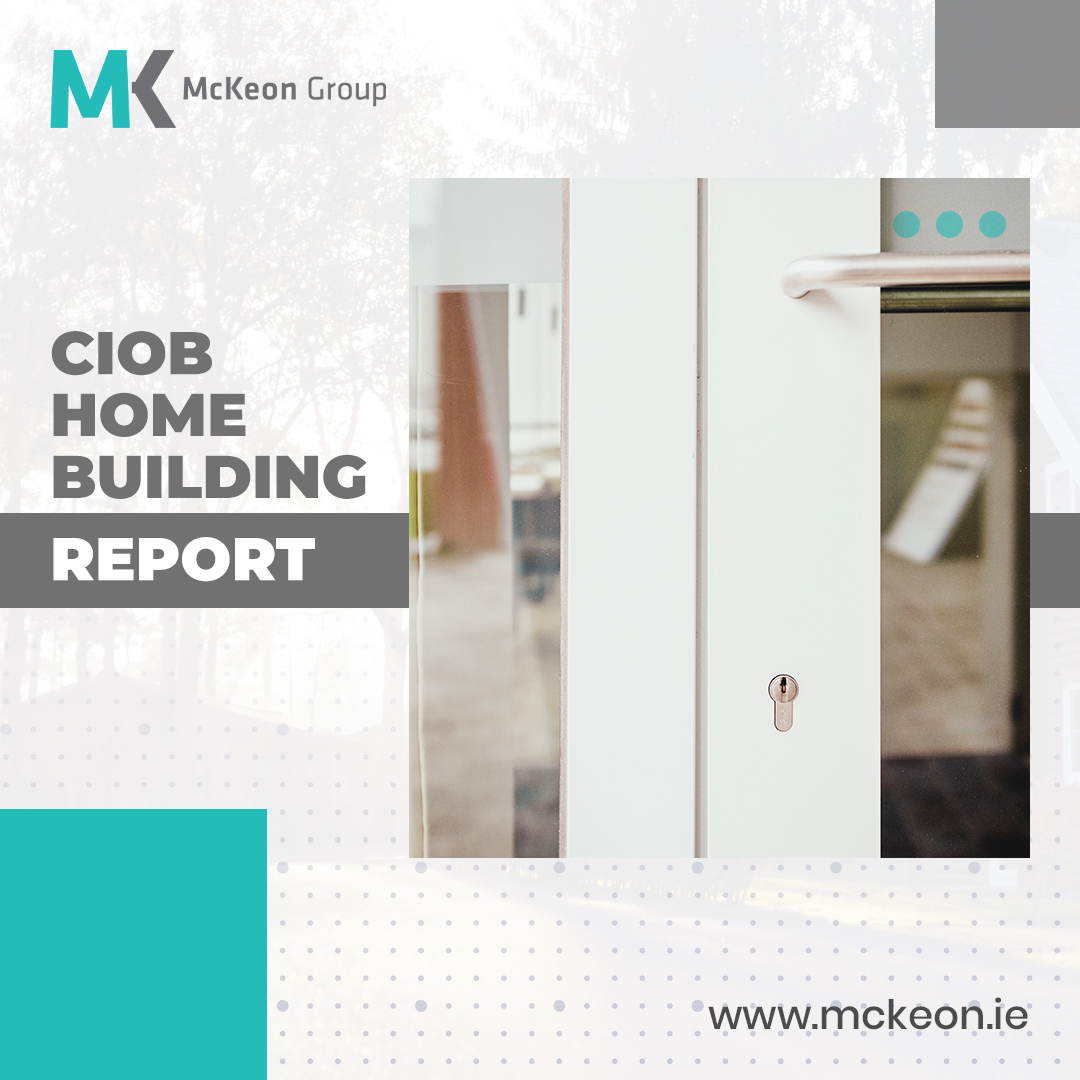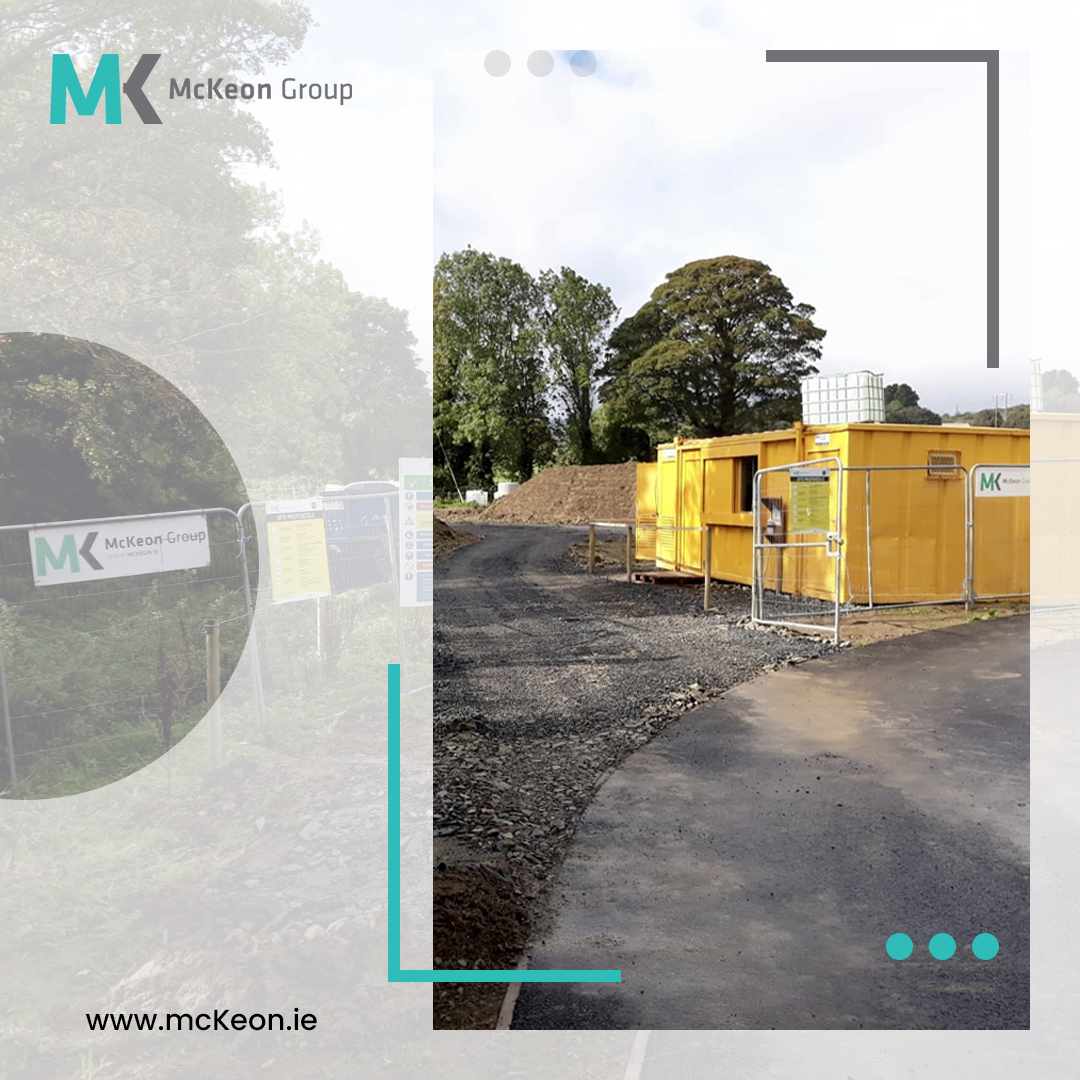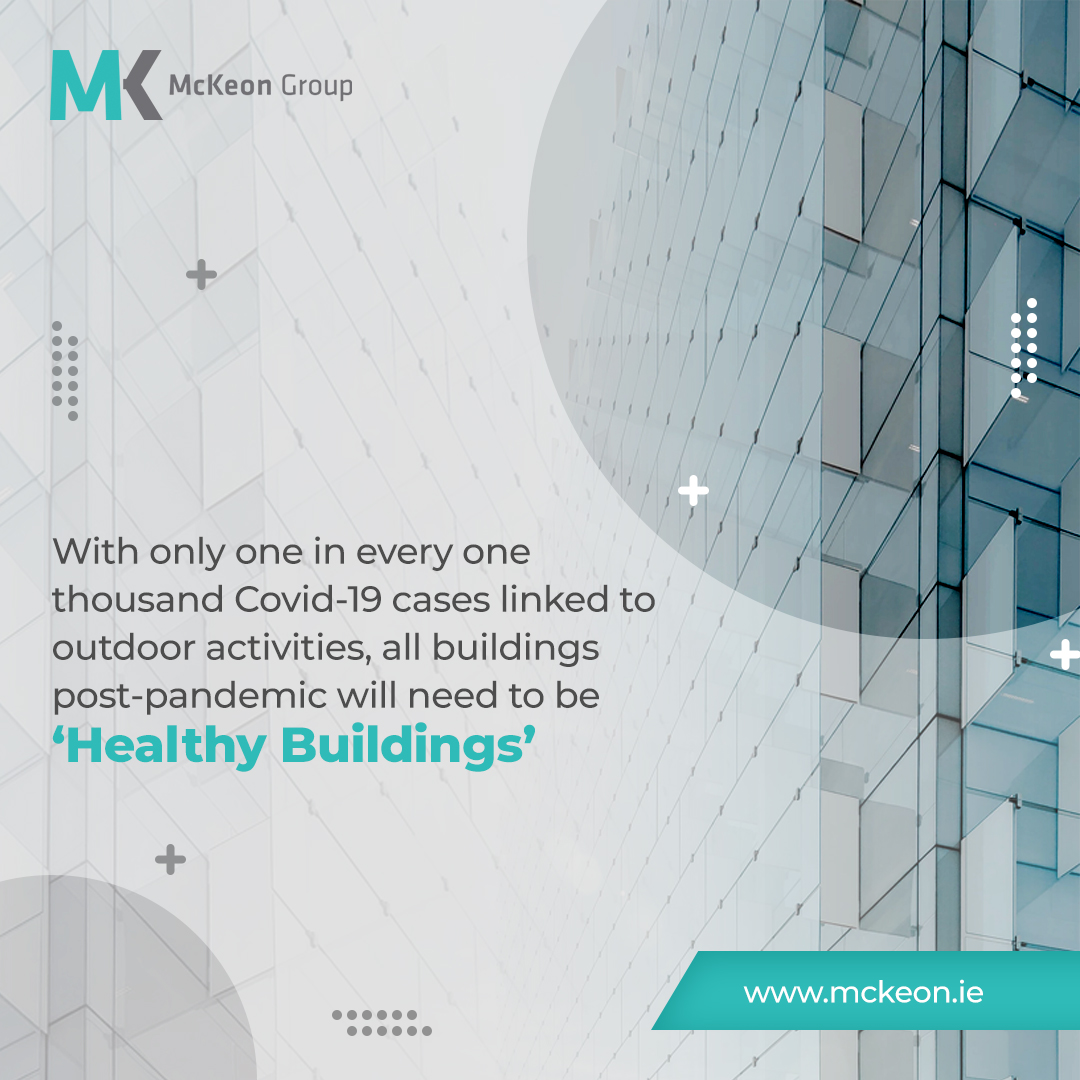With all construction activities due to resume next Tuesday, May 4th, after a prolonged and much-criticised period of industry shutdown, a new report suggests that the Irish construction sector may not be in a position to meet pent up demand. Produced by TASC, the Think Tank for Action on Social Change, in partnership with the Chartered Institute of Building (CIOB), the ‘Job Quality in the Construction Sector’ report explores the construction sector’s “boom and bust cycle” and identifies this as one likely cause of many of the problems faced by the industry today. These problems include productivity, labour shortages and job stability. Certainly, there is a whiff of the Mark Farmer 2016 review of the UK construction industry, ‘Modernise or Die’ about this Irish industry report. And this is a good thing. Leading firms across the industry are actively tackling well-identified productivity issues so it is important for the rest to keep pace. Of course, the Government, as the sector’s biggest and most influential client, has a key role to play in ending this cyclicality. The report further suggests that this could be achieved by the State prioritising a clear, long term pipeline of directly built social and affordable housing.
Senior policy analyst with TASC and lead author of the report, Dr. Robert Sweeney explained that:
“The arrival of Covid-19 has thrown a spanner in the works of the recovery which was underway in the construction sector after the last crisis… The lockdowns of 2020 and into 2021 put much construction on hold but the supply of housing nevertheless fell only marginally. Important questions now are whether the sector is primed to meet the pent-up demand that has been building since before the pandemic, and whether the public sector will re-enter the housing development space.”
In fact, speaking on Newstalk in recent days, the report author stated that Ireland is “nowhere near” meeting demand. Dr. Robert Sweeney told The Pat Kenny Show that construction levels have been at around historical averages in recent years, but that’s not enough. Given the backlog of demand for housing, the Irish industry needs to go beyond historical levels of building in order to meet demand. Furthermore, he called for hgh levels of volatility across construction to be addressed. You can listen back to this interview in full here: https://www.newstalk.com/news/warning-that-ireland-nowhere-near-meeting-demand-for-housing-1183354
The labour shortage is another widely-accepted challenge for Irish firms and, frankly, having the longest period of construction industry shutdown during the pandemic has exacerbated this particular problem. The report rightly suggests that these issues will have serious implications for Ireland’s house and infrastructural building strategies, leading to inevitable increases in house prices and likely delays in delivery across other areas. In terms of industry earnings, the average pay is slightly above most other EU countries. Significantly, the report finds that construction provides for “meaningful work and a greater sense of autonomy”, with most workers feeling that they are doing something useful and producing a tangible product to the benefit of society. One worrying trend is that workers in construction are under more time pressure and stress now than during the last boom. In terms of safety, which is always a focus for good construction firms and never more so than now, the report finds that Irish sites are amongst the safest in Europe.
About McKeon Group
Established in 1950 and ISO certified for more than two decades, McKeon Group offers expert construction, fitout and building services. The family-run Group delivers projects, services and maintenance across a range of sectors for State, local authority, FDI and private clients. For more information, contact: www.mckeon.ie




